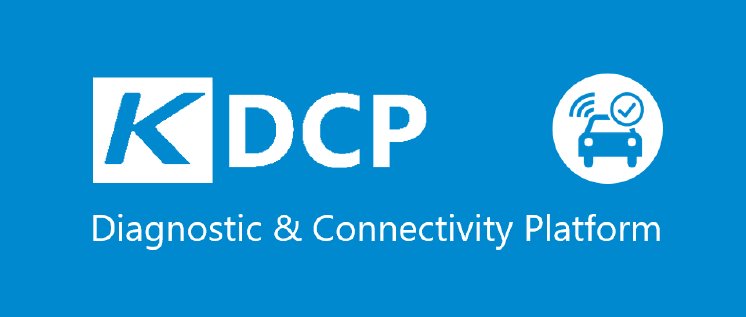The 2017-R2 release of KPIT’s Diagnostic & Connectivity Platform (KDCP) includes numerous new feature developments and functionality enhancements. Key highlights from the R2 release are as outlined below:
- KPIT's powerful diagnostic stack includes an ISO MVCI Server, a D-PDU API and an OTX interpreter. It now supports Diagnostics over IP, which uses UDS diagnostic services over Ethernet. As a result, compared to CAN, significantly higher data rates are available, enabling significant time savings in complex diagnostic tasks and flash applications.
- The simulation module integrated in the D-PDU API, which makes it possible to test diagnostic data even without ECU and VCI, has been renewed. The new JavaScript-based Dynamic ECU Simulation can now comprise multiple ECUs and, in addition to dynamically changing values, also supports the setting of ECU status, e.g. the change of sessions.
- The new Diagnostic example makes it easier to get started and shortens familiarization with the entire product family. For this purpose, the supplied ODX 2.2 example data has been extended, completely documented in the form of an ECU specification and completed with an appropriate simulation. Furthermore, numerous OTX sequences including user interfaces have been added as examples.
- In OTX Authoring, the development environment for complex diagnostic workflows, graphical user interfaces and guided troubleshooting, the start page has been completely redesigned. Among other things, this enables direct access to the example already mentioned.
- A new member of the product family is the Diagnostic Tester Framework. It enables the generic creation of diagnostic tester applications for the Production or the After-sales Service based on user-specific OTX sequences and user interfaces. Specific views are available for convenient access to fault memory, measured values or special functions (such as ECU programming).
Users with a maintenance and service package will receive the upgrade to Release 2017-R2
free of charge.
More information about KPIT's Diagnostic and Connectivity Platform can be found at www.kpit.com/diagnostics


